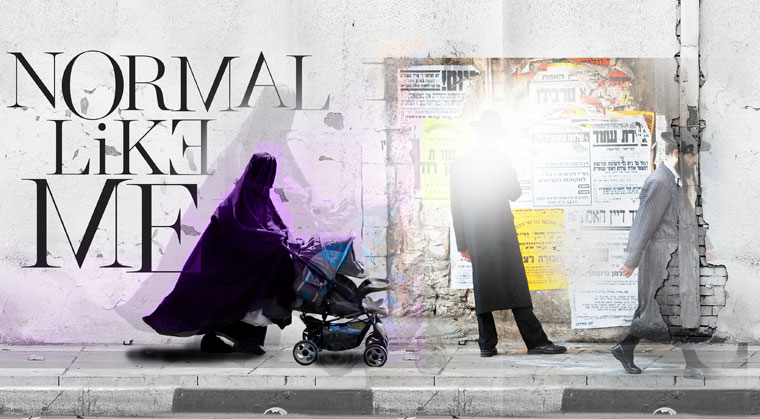Normal Like Me: Chapter 32


S
Timothy Hendricks was back from vacation in Victoria, and he was bubbling with energy. His funding request had been approved, and he was now making his way up the Sepik River on a raft, together with two helpers, a small generator, and several crates of books, notebooks, and learning aids. He also had a number of cell phones with him. Although at the moment they were useless, the Papuan government had plans to install a cellular network along the river valley over the next few months.
“When are Lucy and Elson going to school?” Eldy asked her son Frank, the children’s father.
“Never,” he replied.
“But Mr. Hendricks is back from Australia,” she said.
“I know.”
“And he sent his helper, the one with the fiery hair, to tell everybody that school is starting, and he has beautiful new books.”
“Yes, I know, Mother.”
“So when is the raft coming to take them to school?”
“I don’t know when the raft is coming, Mami. But I know my children won’t be on it. My children will not go to school.”
“I’m not sending Barbie to school, either,” another son spoke up.
“Why?”
“Because we don’t want to lose our children the way you lost yours,” Frank replied bluntly. He was one of six siblings. Malaria had taken one, another had died in childbirth, and the white man’s culture had snatched away two more.
“Joe told me that there’s no malaria in the white man’s world,” Eldy argued. “And Bernadine said that women almost never die when they give birth, and very few babies die, either.”
Frank gripped his mother’s arm. “Mami,” he said, “that school doesn’t bring our people any good. You didn’t send us to school, and we grew up to be good men. We’re raising families. We’re continuing the tribe. You sent Joe and Bernadine to school, and look what happened. They’ve left us.”
“That’s true,” Eldy admitted, her voice faint.
“Ten youths from Nogovili have gone to the capital city,” Frank persisted. “And five from Yanko Bay. Fine boys, already past their rite of passage, are talking now about going to school in the West instead of marrying and raising families like they should.”
“And the fellow who gets hold of a bottle of Coca-Cola is their hero,” his brother added.
“Coca-Cola! Disgusting stuff,” their mother agreed. Those tourists who let her use their black box to speak with Joe and Bernadine’s spirits had also given her some of that black drink of theirs to taste. One sip was more than enough for her. It was horribly sweet and it stung her tongue.
“And now they want to build us a mobile network,” Frank said, accusingly. No one in the village knew just what a mobile network was, but it was something bad, that much was clear. It was bad because the decision had come from the government in Port Moresby — and who were they to make such decisions for them?
“Our elders didn’t sit down in the House of Spirits and decide we must have a mobile network,” said Grandma Gillette. “Why are those men in Port Moresby deciding for us?”
A mobile network, it was whispered, would let people talk with spirits in other places. Every family in the village could have a black box like those white tourists had. They could talk to spirits who knew all kinds of things, and then they would know these things, too.
“Our dead ancestors might get angry if things go on this way,” Grandpa Cargo muttered.
“Then we must defend ourselves,” said the tribesmen.
(Excerpted from Mishpacha, Issue 698)
Oops! We could not locate your form.



